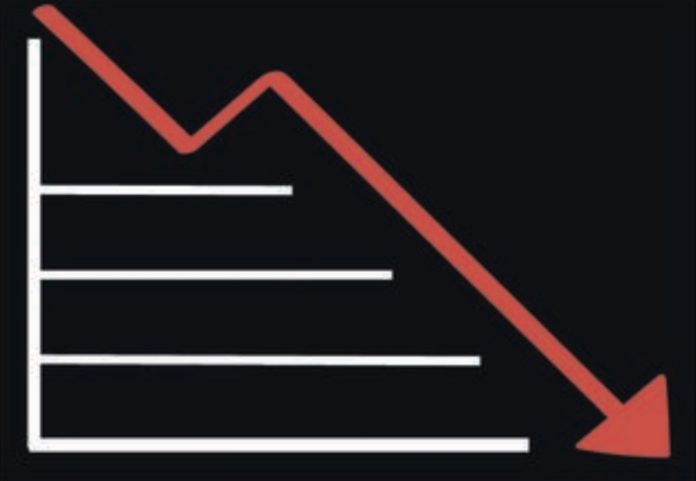By Vivian Roach | Staff Writer
Around the world, as an effort to contain the coronavirus, employers have instructed workers to stay home and out of the workplace. Concerts, shows, and festivals have been put on hold in Germany.
Normally frequented grocery stores, retail stores and restaurants have all seen a decline in traffic.
Monday, the Dow Jones index hit a record-breaking point gain since March of 2009 because of the global outbreak of the coronavirus, a drastic change from last week’s almost 360 point drop, a 14% decrease from a recent high. The Dow hadn’t taken a worse hit since the 2008 financial crisis.
The global death rate has risen above 2,800 cases now, and more than 80,000 people have contracted the influenza strain around the world. The U.S. has seen around 80 contraction cases, and six deaths.
Baylor assistant professor in finance, insurance, and real estate, Dr. Sophia Hu, said the boost in the economy this week occurred because U.S. federal banks began to take action in the market by providing loans to small businesses whose cash flow can’t support the decline.
“The stock market is forward looking. Last week was the worst week because the outbreak started to show up around the world, everyone panicked,” Hu said. “The market incorporated the expectation for the coronavirus to spread very fast. As more and more information is coming in, the stock market is showing whatever information it has.”
The oil and tourism related industries have also been affected. Hu predicts that there will be an impact on the medical care industry too, where there is a demand for workforce, but the supply side will not be able to catch up.
Simply because it is hard to train professionals in such a short period of time.
Baylor assistant professor of finance, Dr. Qinxi Wu, said the U.S. stock market is hurting, not necessarily from domestic containment efforts, but because of those in other parts of the world such as Europe, Japan and Korea. With how connected the world is today, globalization has made it so that you need trade and if your trade partner is sick, you don’t have anyone with which to do business.
However, Wu said, “the good news is that the U.S. has a large enough internal market, so the growth rate may be slowed down, but we can still survive because of the strength of the internal market for the time being.”
Both professors agreed that with summer approaching in the next few months, the virus cannot survive as well, and with government support, it will be controlled.
“The government will do whatever they can to support, that is why the market looks very optimistic today,” Hu said.
The Associated Press contributed to this report.






